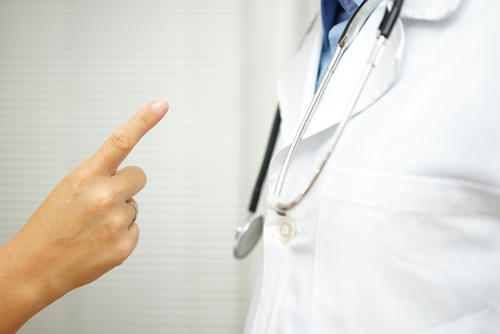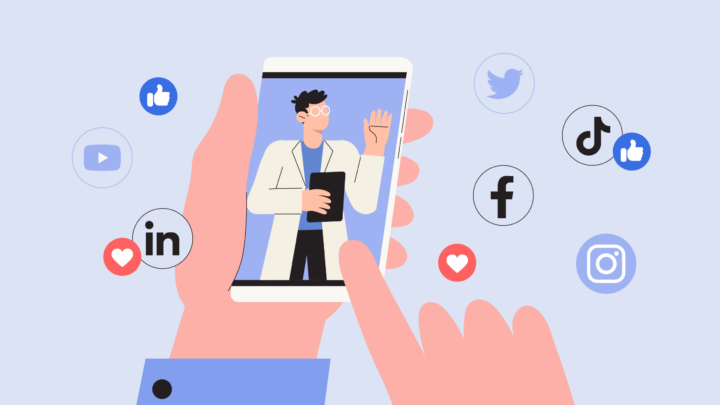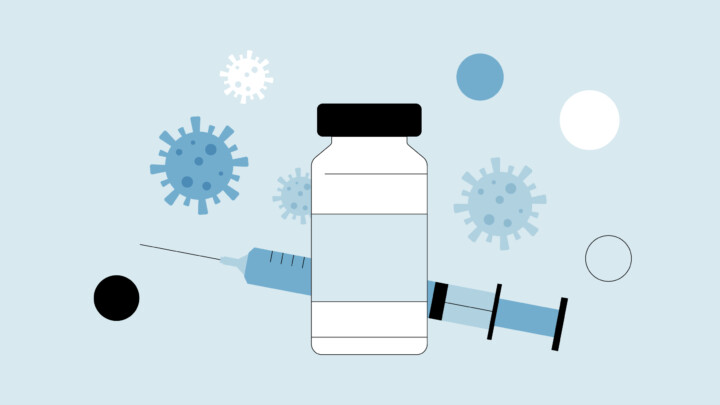
Doctors who use social media to advocate for public health measures, such as mask-wearing, or social injustices, such as health inequity—can find themselves at higher risk for cyberbullying.
According to an article on Stat news, written by Vineet Arora, Tricia Pendergrast, and Shikha Jain: “As women in medicine who use social media to advocate for public health and social justice, we know firsthand what it’s like to be personally attacked and sexually harassed online.
These attacks have taken many forms. Some are more of a nuisance, like online trolling after advocating for mask wearing during the pandemic. Others are downright egregious and scary, such as an anonymous call to our hospital leadership ‘reporting’ online advocacy efforts, or having our personal information published online, also known as doxxing.
We also know we are not alone. Over the course of 2020, many physicians vocal on social media have been attacked for simply asking others to wear a mask or highlighting the challenges they face caring for patients in hospitals that are strained. Some have even received death threats…”
With several colleagues, they published a research letter in JAMA Internal Medicine that uses data on online harassment collected in 2019. The study revealed that “1 in 4 physicians who use social media reported being personally attacked. The most common reason reported for these attacks was engaging in advocacy, especially promoting vaccinations. Other reasons included advocacy related to reducing gun violence, as well as personal attacks on one’s race or religion. Another disheartening aspect of the study was that 1 in 6 women physicians faced the additional threat of being sexually harassed online, often in the form of being sent sexually explicit messages or pornographic images. Threats of rape were also reported.
s women in medicine who use social media to advocate for public health and social justice, we know firsthand what it’s like to be personally attacked and sexually harassed online.
These attacks have taken many forms. Some are more of a nuisance, like online trolling after advocating for mask wearing during the pandemic. Others are downright egregious and scary, such as an anonymous call to our hospital leadership “reporting” online advocacy efforts, or having our personal information published online, also known as doxxing.
We also know we are not alone. Over the course of 2020, many physicians vocal on social media have been attacked for simply asking others to wear a mask or highlighting the challenges they face caring for patients in hospitals that are strained. Some have even received death threats…”
In a poll of 400+ global Sermo physicians, 24% said they or a colleague have experienced cyberbullying online; and 18% said they or a colleague have experienced sexual harassment online. Forty-seven percent avoid social media due to the charged discourse of public and social health measures they experience on social media—such as mask wearing, Covid vaccine safety, and health inequities.
In light of the current social environment and global pandemic, 59% of Sermo physicians believe it is essential for physicians to use social media as a way to combat misinformation and disinformation. And 85% reported feeling safe using Sermo to express important health information.
Below, Sermo physicians from around the world share their professional insights, perspectives, and opinions on this important topic—in their own words:
The initial promise of social media was to bring us together. In reality, it is tearing us apart…
General Surgery
I would consider all of the so-called doctor rating sites ie health grades etc as harassment!
Orthopedic Surgery
I have seen very prepared physicians discussing medical topics and still get bullied. So, yes I think it is essential but I do not think is going to end misinformation.
General Practice (GP)
Doctors have always been the subject of unhealthy criticism by resentful people or patients. Currently there is a lot of controversy with vaccine, which what they do is sometimes confuse and doubt even colleagues themselves.
Pediatrics (excluding surgery)
As a woman, I have been sexually harassed multiple times on social media, sending unsolicited inappropriate content from unknown people.
General Practice (GP)
Yes, I was verbally attacked and threatened with violence to me and my family. I blocked the perpetrator and filed a formal police report. This person also send a communication to our hospital system and local news agency. This ultimately resulted in a sudden Zoom meeting between me, the division chief and chief of surgery. I was threatened with disciplinary action and essentially told I do not have freedom of speech. By design my social media account does not have my hospital system listed anywhere. Besides being the threat of violence being scary the hospital response was oppressive.
General Surgery – Vascular Surgery
Everyday thousands of Sermo member physicians from diverse backgrounds and experiences exchange knowledge with each other. Sermo is the original medical social network that empowers today’s physicians. Over 1 million fully verified physicians across more than 150 countries come to our platform to talk with peers, participate in paid medical studies, solve challenging patient cases, contribute to the world’s largest database of drug ratings – and enjoy a few laughs along the way.
Interested in more? Check back any time and follow us on Facebook, Twitter, and LinkedIn for the latest and greatest in physician insights.
Are you a physician or healthcare practitioner?
Explore the many benefits of joining Sermo’s medical community and sign up for free today.














